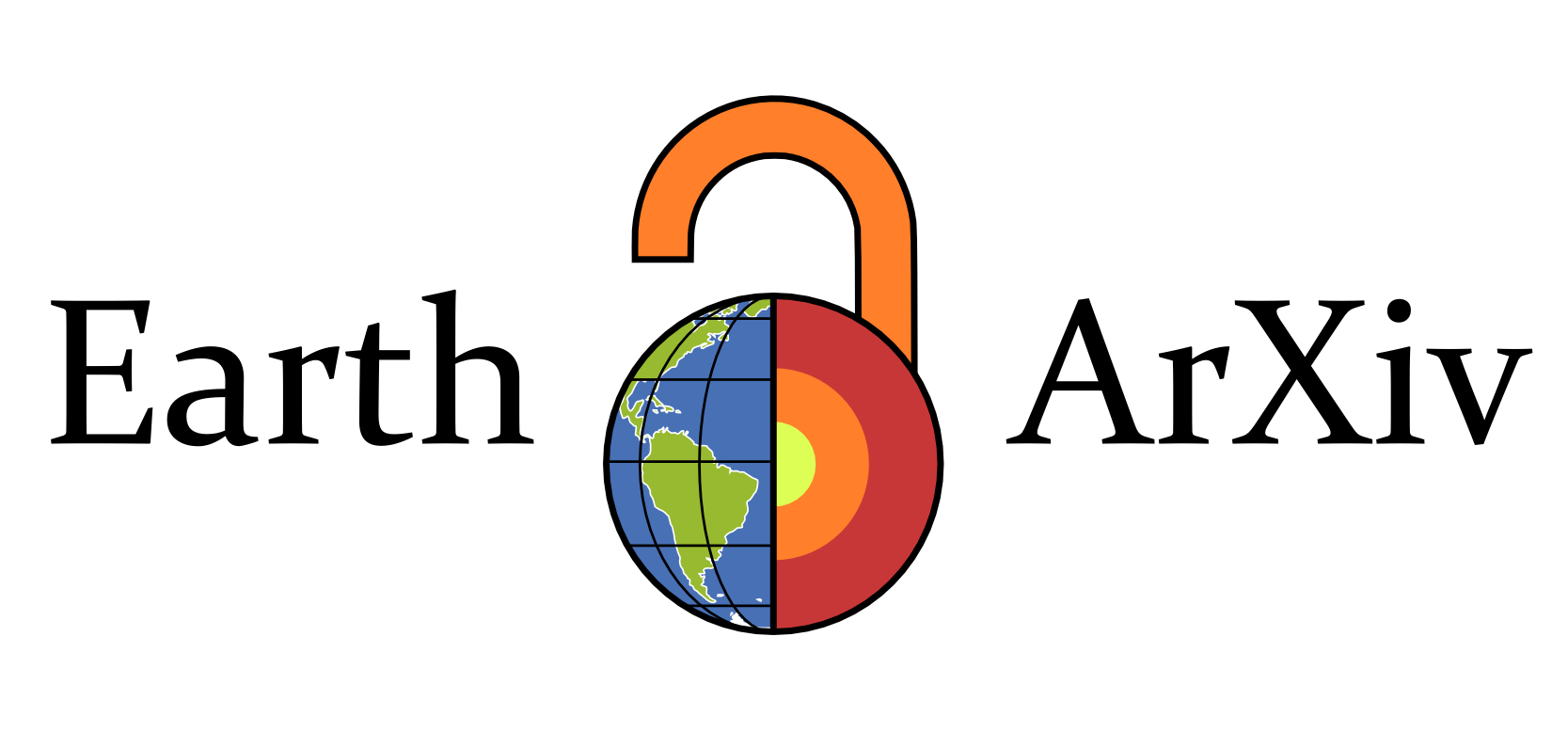
By making your work shared quickly and publicly, you will be able to share your work with colleagues months, even years, before you would, had you submitted only to a peer-reviewed journal. The peer-review process takes time, and during that time you are without a citable manuscript to share. As Earth Arxiv provides a Digital Object Identifier (DOI) upon submission, your preprints are citable and shareable immediately after submission. Many authors find that sharing a preprint maintains enthusiasm about the research and leads to helpful feedback, which makes the ultimate submission to a peer-reviewed journal better. The early and continued attention also has another payoff: Preprints that do end up in journals appear to be cited more frequently. Being citable, preprints can help early career scientists to build a scholarly track record much faster. This can benefit people who are seeking funding or a job. Many funding agencies now allow preprint citations in grant proposals. Preprints can also benefit both young and established researchers by providing more access to their work. Many peer reviewed journals require subscription charges that are prohibitive to some institutions. By placing your research on an open and freely available preprint system, anyone in the world can discover your work.
No, this doesn’t change our plans. Many within EarthArXiv have fundamental philosophical concerns with AGU's technical implementation plan. We favor a completely open approach independent of any publishers. We would like a community-led, transparent, and open source effort. The AGU approach is a contract with a major publisher and is built on top of proprietary software. This is not a specific criticism of AGU or Wiley. Publishers should be part of the discussions. Yet, it raises questions about the long term nature of the system when a publisher — any publisher — is doing the development. Questions that we think can be avoided by being open source and independent from the start.
What we wish is to involve publishers in our preprint efforts. Yet, we think that a vibrant ecosystem of advances emerges only when the implementation of the preprint system is independent of any one publisher, the software is open source, and there is an open advisory/governance model. Therefore, it remains to be seen to what extent, if at all, the community will be able to extend the AGU/Wiley Atypon system.